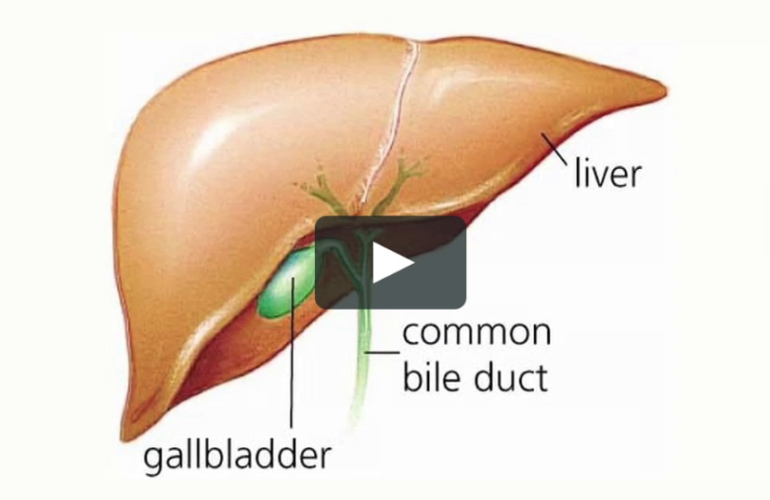Diet After Gallbladder Removal or Surgery
If you are recovering after having had your gallbladder removed, your doctor has likely given you a list of rules to follow to ensure proper recovery. This list will not only tell you about how active you can be but will also include what you should and should not eat post-surgery.
That said, it is often hard to remember all the instructions you are to follow after you have gone home and left the hospital. Proper recovery is of the utmost importance and your diet is a large factor in ensuring that you have the best recovery possible.
The purpose of the gallbladder is to store any bile that is made by the liver; bile is made to help with fat digestion. When the bladder is eliminated the bile moves straight into the intestines, too much fat in the diet results in excessive gas, cramping, indigestion, watery stools, including diarrhea, and possibly uncontrolled bowel movements.
Your Body and Diet After Gall Bladder Surgery
Your body needs time to adjust to this change within, and in order to do so, you need to ensure that you are properly digesting your food as best as possible. Ultimately, there is a list of foods to include in your diet and foods that are best to be avoided. Let’s begin with the former.
Fiber-rich foods are key in helping with proper digestion and healthy bowel movements. Foods that are rich in fiber include those that are made from whole grains, such as whole wheat bread, pasta, brown rice, and unsweetened cereal grains, such as oats.
Fiber can also be obtained by consuming your daily dose of fruit and vegetables as well as legumes which are also high in protein. By consuming fiber-rich foods, you are helping to form solid, yet soft stool, as well as help to push the food waste through your body and lessen any bloating you feel.
You may also want to include in your diet lean meats, be sure to not include any fatty skin, eggs, low-fat milk, and unsweetened or naturally sweet fruit juices. On the other end of the list are the foods that you are best to avoid during your recovery from surgery.
Avoid Fatty Foods in Your Diet
The main item to avoid is fatty food; recall that your gallbladder is no longer present to store the bile that is created to deal with fatty foods so too much fatty food and your body will not be happy with you. Any excess fat is sent to your intestines and ultimately to your feces, which can create an uncomfortable situation.
Foods that are high in fat like chips, sweet treats, such as cookies and pastries, and many fast food items are best to be avoided. Other foods that you can add to your avoid list include nut butter and salad dressings as they are often also high in cholesterol. Foods that are high in sugar content are also bad for your recovery.
If you do experience diarrhea, there are some foods that can worsen the discomfort that you are feeling, drinks that include caffeine, heavily spiced foods, and dairy food items. Ultimately, you want to have the cleanest diet possible post gallbladder removal.
How to Start Your Gallbladder Surgery Recovery
You may want to start your recovery with easily digestible foods, such as broths, hot water with lemon, low-sugar Jell-O, applesauce, plain toast, and even fruit juice. These foods will help to not only flush out your system but also rid your body of any remaining anesthetic lingering within.
Remember that those who have undergone a cholecystectomy, gall bladder removal, may experience chronic diarrhea for some time post-surgery, so maintaining a healthy diet for the long haul is the best way for you to not feel continued discomfort.
